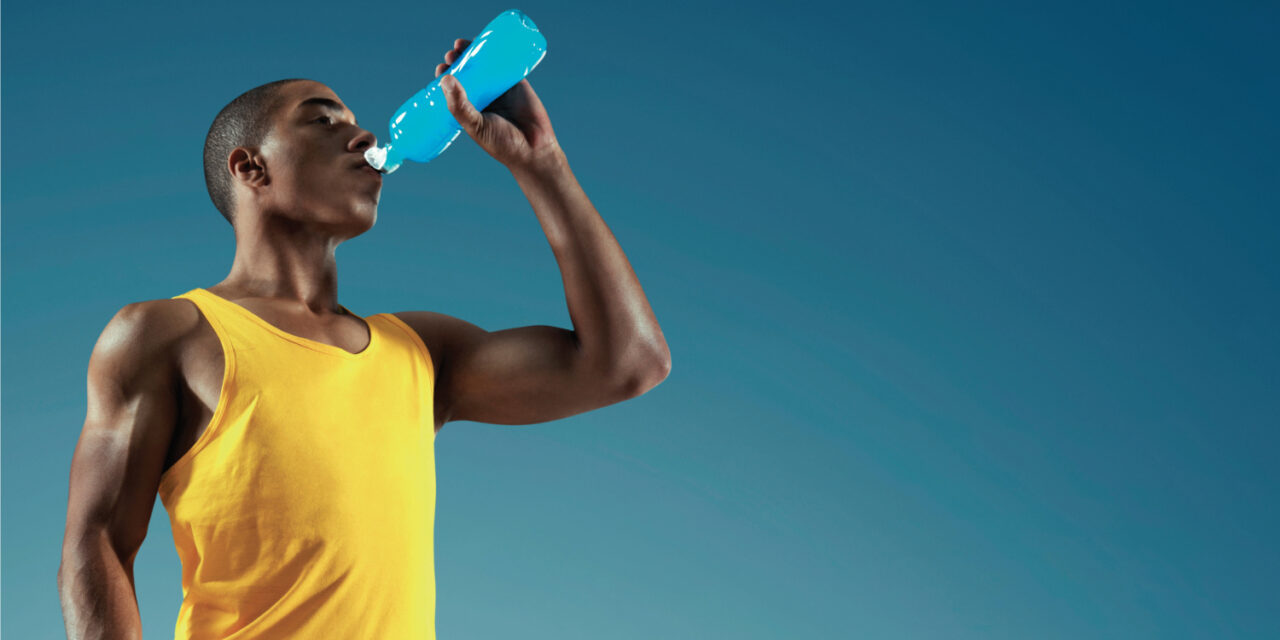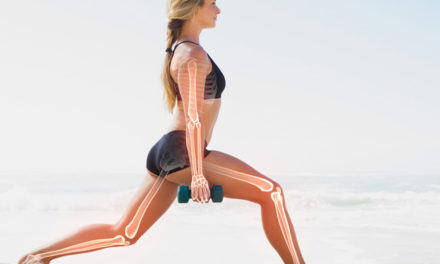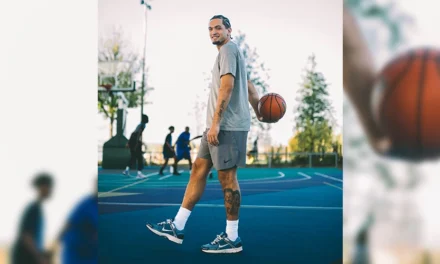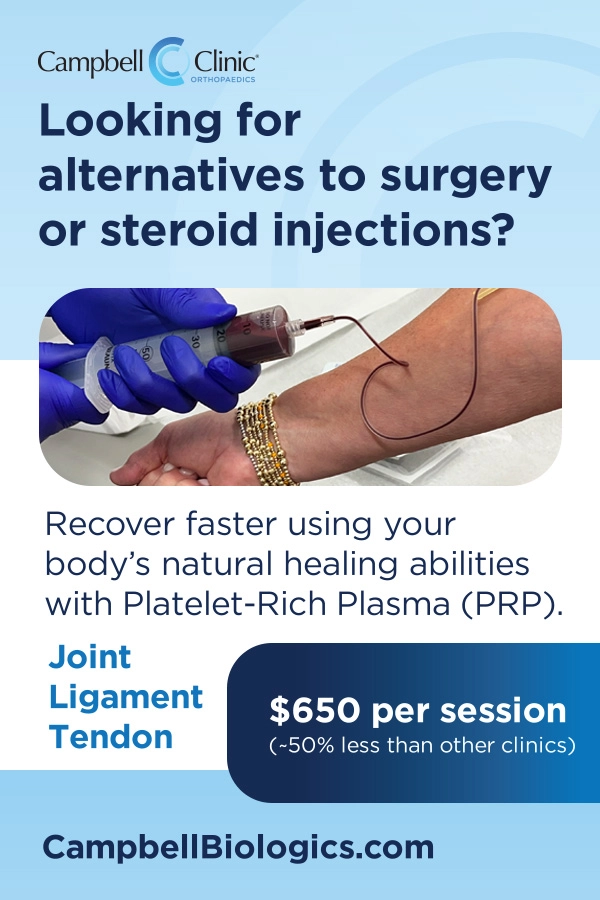Electrolytes are electrically charged minerals that help the body function. While they are used in many metabolic processes and are essential for supporting normal nerve, heart, and brain function—electrolytes are most famous for their role in hydration.
Water + Electrolytes = Hydration
Staying hydrated is key for performance and protecting overall health and well-being. Water may quench your thirst but alone is not an effective rehydrator. Sweating, urination, certain medications, and medical conditions all lead to loss of both fluid and electrolytes. Drinking enough water is equally important as taking in adequate electrolytes for hydration.
Hyponatremia occurs when the concentration of sodium in your blood is abnormally low. It can stem from drinking too much water, causing the sodium in your body to become diluted.
Symptoms: Nausea and vomiting, headache, confusion, loss of energy, fatigue, restlessness and irritability, muscle weakness, spasms/cramps, seizures, coma
Dehydration occurs when your body uses or loses more fluid than you take in.
Symptoms: extreme thirst, muscle cramps/spasms, weakness, unusual fatigue, lightheadedness, headache, dark urine, dry mouth, infrequent urination, unusually rapid heart rate, numbness, confusion, change in blood pressure, seizure
Eat your Electrolytes!
Did you know that most people meet their need for electrolytes through food?
Sodium: pretzels, soup, pickles, soy sauce, mustard, deli meat, canned foods, crackers, salad dressing, table salt
Potassium: fruits and veggies like bananas, potatoes, avocado, dark leafy greens, and citrus fruits
Magnesium: seeds, nuts, peanut butter, spinach, and beans
Calcium: milk, yogurt, leafy greens, fish with edible bones, and calcium-fortified food
Chloride: table salt
Phosphate: poultry, pork, seafood, dairy, whole grains
Should you supplement?
A varied, balanced diet typically provides adequate electrolytes. However, you may need extra help staying hydrated depending on your activity level, the weather, how much you sweat, and if you’ve recently been sick. A general rule of thumb is to stick with water (and maybe some salty snacks) for activities lasting less than an hour For longer activities, consider adding electrolytes. If you’re heading out for a long bike ride, hot and humid hike, or sweaty soccer match, explore options like sports drinks, electrolyte-enhanced beverages, or tablets/mixes that contain mainly sodium chloride as well as a little potassium, calcium, and possibly magnesium.
Electrolyte and hydration needs vary widely based on factors like body size, physical activity, sweat rate, metabolism, environmental conditions, and diet composition. There is no one-size-fits-all fluid and electrolyte plan, but the registered dietitians at Memphis Nutrition Group can help with fine-tuning your practices and strategies so you can feel well, fuel well, and perform well.
Blair Mize, MS, RDN, CSSD, LDN, CEDRD-S is co-owner of Memphis Nutrition Group, a nutrition and lifestyle counseling practice offering in-person and virtual nutrition therapy specializing in a non-diet, weight-neutral approach. The Registered Dietitians at Memphis Nutrition Group help individuals reconnect with their bodies, find confidence and clarity in their everyday choices, and create a peaceful, balanced approach to food that tastes good and feels even better. Contact Memphis Nutrition Group at 901.343.6146 or visit MemphisNutritionGroup.com for more information.










